As can happen to anyone, several Breakwater Federal Credit Union members have been the target of fraudulent attacks over the years. Thanks to the due diligence of our employees, we are sometimes able to help members before they send funds to scammers, saving our members as much as $60,000. If an employee asks you questions about a large transaction or where you are sending funds, it is because they are trained to look for potential attacks and are trying to help protect your finances from fraudsters.
There’s no question about it: we’re different but in the best way. We make you and your financial well-being our priority.

700 E. Sharon Ave.,
Houghton, MI 49931
Call or Text: 906.482.5005
Fax: 906.482.2451
Email: info@breakwaterfcu.org

© Copyright 2022 Breakwater Federal Credit Union | Privacy Policy